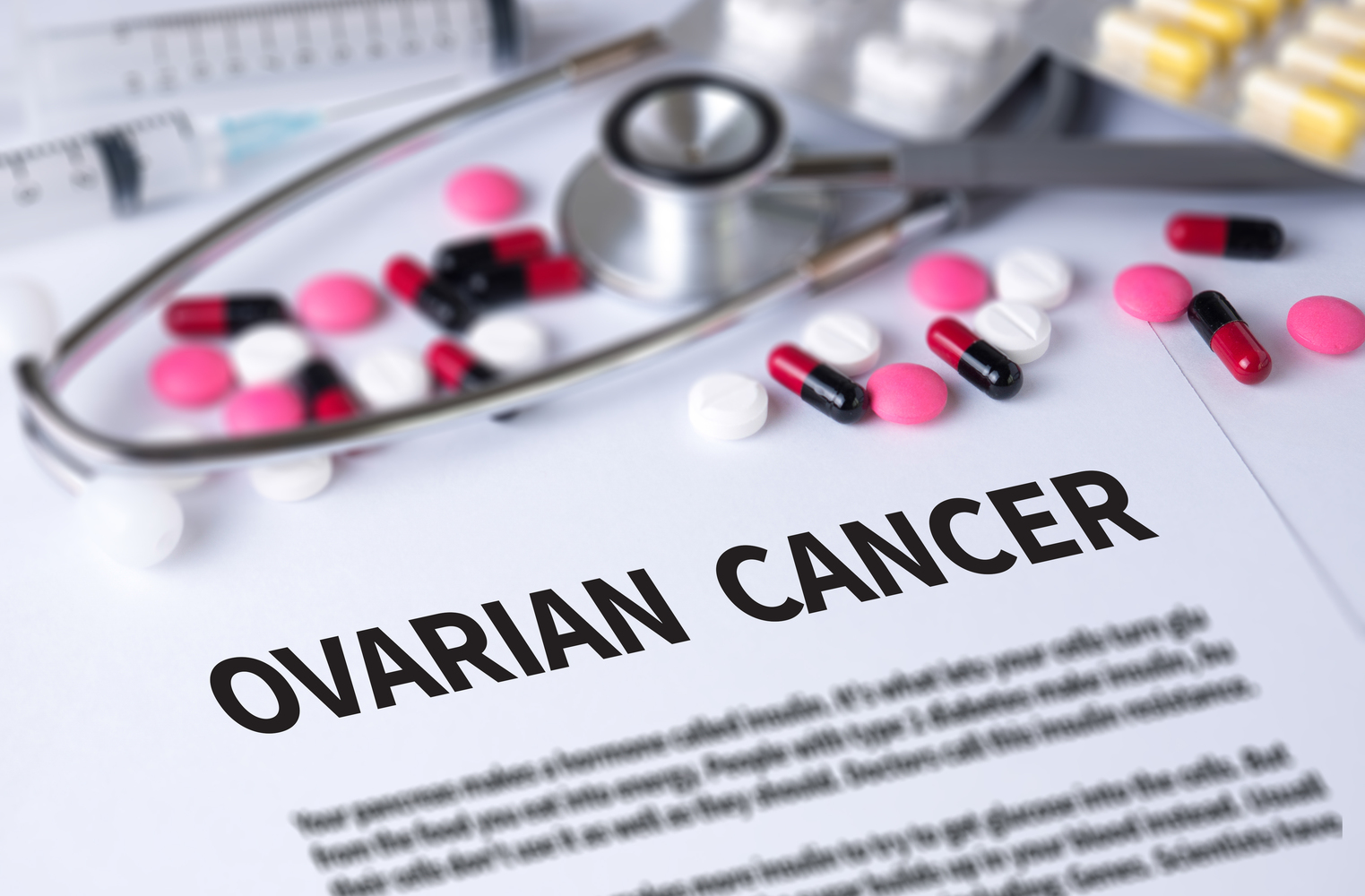
Risk Factors for Ovarian Cancer
Receiving a cancer diagnosis from your doctor will have a drastic impact on you and your loved ones. Many people who have cancer were not aware that they had risk factors for the disease in the first place. A risk factor is anything that increases the chances of developing a disease. Some contributing factors can be changed with simple lifestyle and dietary changes while others cannot (i.e., family history of a certain disease).
Having one or many risk factors does not mean that you will develop ovarian cancer. However, approximately 10 percent of all ovarian cancers are part of what is known as family cancer syndromes, which result from inherited changes, or mutations, in certain genes. There are several risk factors for ovarian cancer. Some women may experience one or more of them, and some women will not have any, but they do include, but are not limited to the following:
1. Age
Aging is one of the major risk factors for ovarian cancer in women. The risk factors get higher as women age, and the cancer rarely occurs in women younger than 40. Ovarian cancer usually develops in women after they have gone through menopause. The average age is generally around 63.
2. Heredity
Family history is one of the risk factors that are considered. Ovarian cancer typically runs in families. The risk is increased if a mother, sister, or daughter has had the disease. Your risk factor gets higher with the more family members you have with the disease, or who have had the disease. This increased risk can also come from the father’s side of the family (i.e., grandmother, siblings, and aunts). Other cancers have been linked to a woman’s increased risk of ovarian cancer. These cancers can be caused by inherited mutations in certain genes that cause the family cancer syndrome which can increase the risk of ovarian cancer.
3. Weight
Obesity and being overweight is linked to a higher risk of developing most types of cancer. Women with a body mass index of at least 30 are at a higher risk of developing ovarian cancer at some point during their lifetimes. Obesity can also affect the survival rate of patients with ovarian cancer.
4. Gene mutations
The BRCA gene mutations are the mutation of either of the BRCA genes, BRCA 1, or BRCA 2. These genes are tumor suppressors. The harmful mutations that take place in these genes can produce ovarian cancer syndrome in women affected. Women with either of these harmful mutations have a higher risk of ovarian cancer that could be up to 30 times that of the norm.
5. Other factors for ovarian cancer
There are a myriad of other ovarian cancer risk factors including taking fertility drugs, and taking hormone replacement therapy after menopause. Women who have taken estrogen for more than five years have an increased risk of ovarian and other cancers. The use of fertility treatments that have in vitro fertilization also increases ovarian cancer risk. They can cause a tumor known as low malignant potential. A doctor should be seen if there are any concerns or inquiries about your risks of ovarian cancer.


